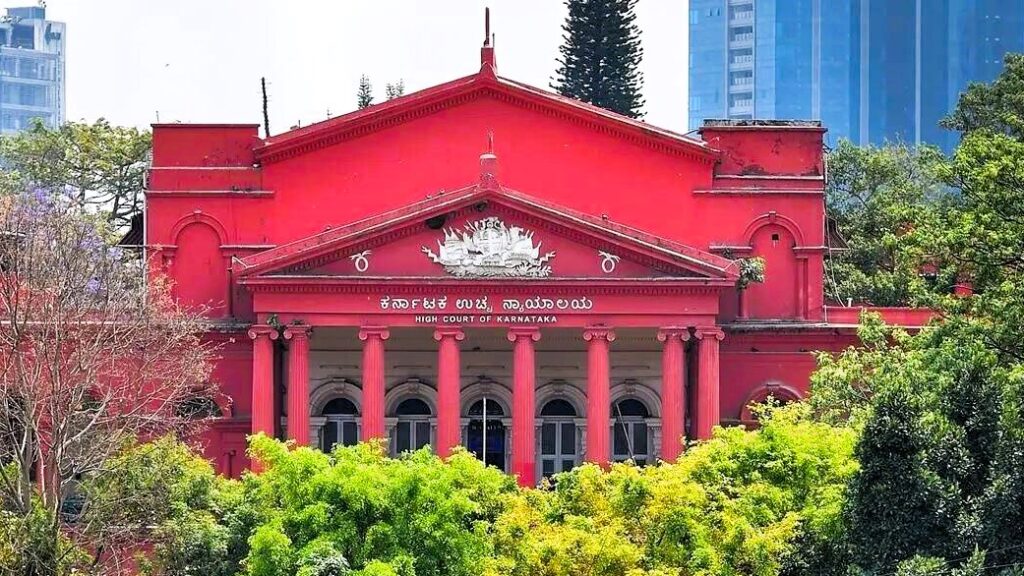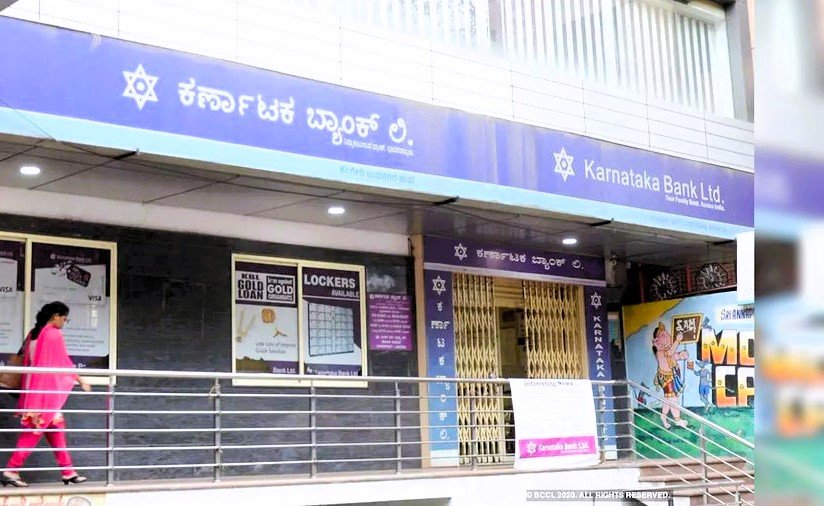Bengaluru: Private-sector Karnataka bank is not ‘State’ as per the Constitution and it cannot be termed as an institution or company carrying on any statutory or public duty, the High Court of Karnataka has held.
Rejecting a writ petition against the bank, a single judge bench of Justice KV Aravind in a recent order said, “Though the respondent bank is engaged in public finance and regulated by Reserve Bank of India, it cannot be termed as an Institution or Company carrying on any statutory or public duty. A writ of mandamus cannot be issued to the authorities not contemplated under Article 12 of the Constitution.”

The petition was filed by Rajesh Kumar Shetty against T Subbaya Shetty and the Karnataka Bank seeking a direction to allow him to withdraw the fixed deposits of Rs.1,24,27,826 from his account. The genesis of the dispute was a suit filed by Subbaya Shetty in a lower court seeking a declaration that he was the sole executor of the wills of Geetha T Punja and P Thimappa Punja.
In November 2022, the lower court had passed a temporary injunction prohibiting any person from withdrawing the money standing in the accounts of Geetha Punja and Thimappa Punja until the suit was disposed of.

When the stay was vacated, Rajesh Kumar Shetty filed representations for release of the money in the accounts for personal necessities. The bank replied that since there was a claim suit pending in the court, it was unable to allow him to withdraw the money. He then approached the High Court.
In the High Court, it was the specific contention of the bank that as no public duty or function is involved, the second respondent-bank not being a “State” under Article 12 of the Constitution of India, writ of mandamus cannot be issued to the respondent-Bank.

It was submitted to the HC that “the dispute involved is not between the petitioner and the Bank, but it is between the petitioner and the first respondent. The Bank has only issued an advisory to the petitioner in view of the pendency of the civil suit involving the very same fixed deposits to seek clarification from the Trial Court. Hence, writ petition under Article 226 of the Constitution of India is not maintainable.” The HC held that the plea was not maintainable under Article 226 of the Constitution “as the second respondent-Bank is not a “State” under Article 12 of the Constitution.”
PTI
